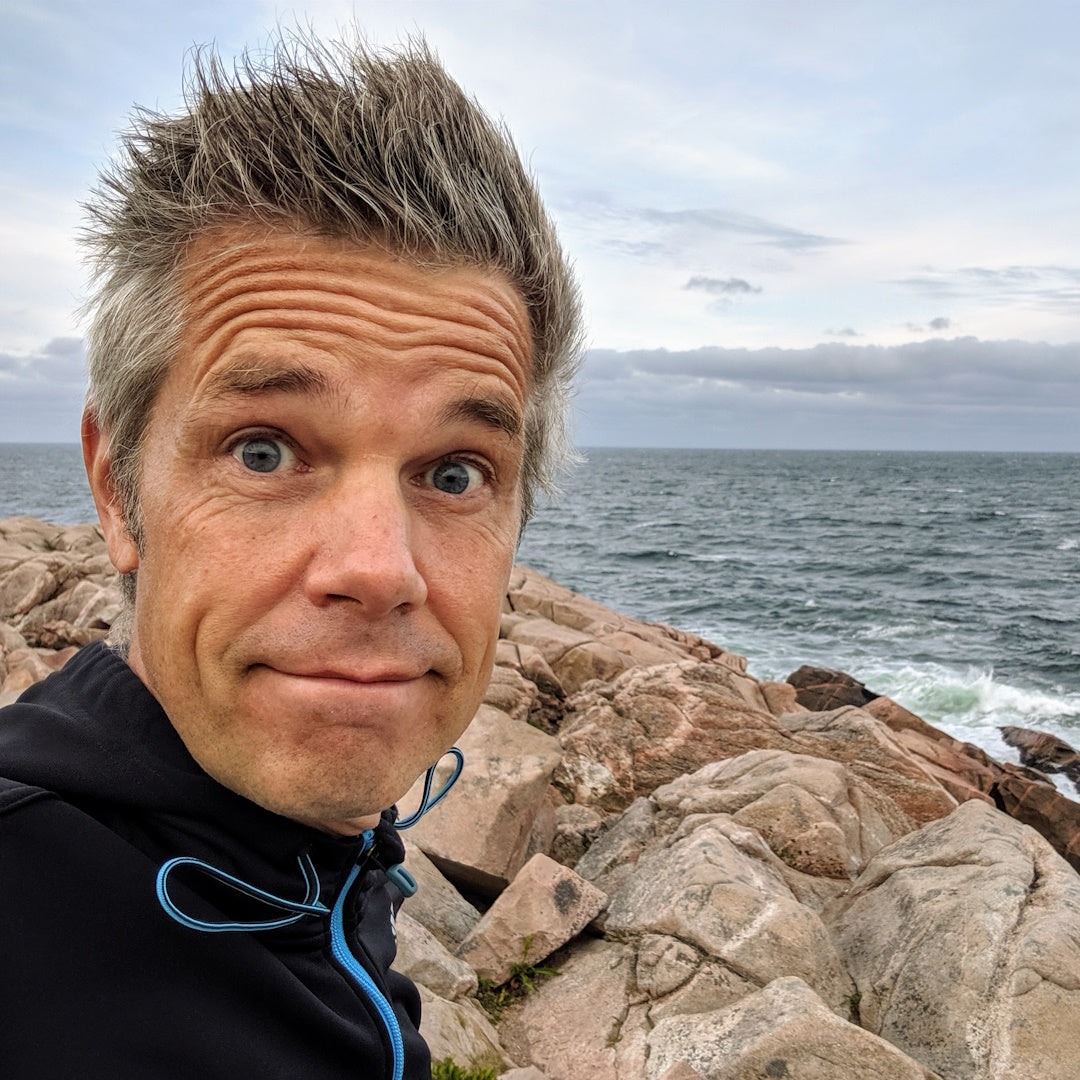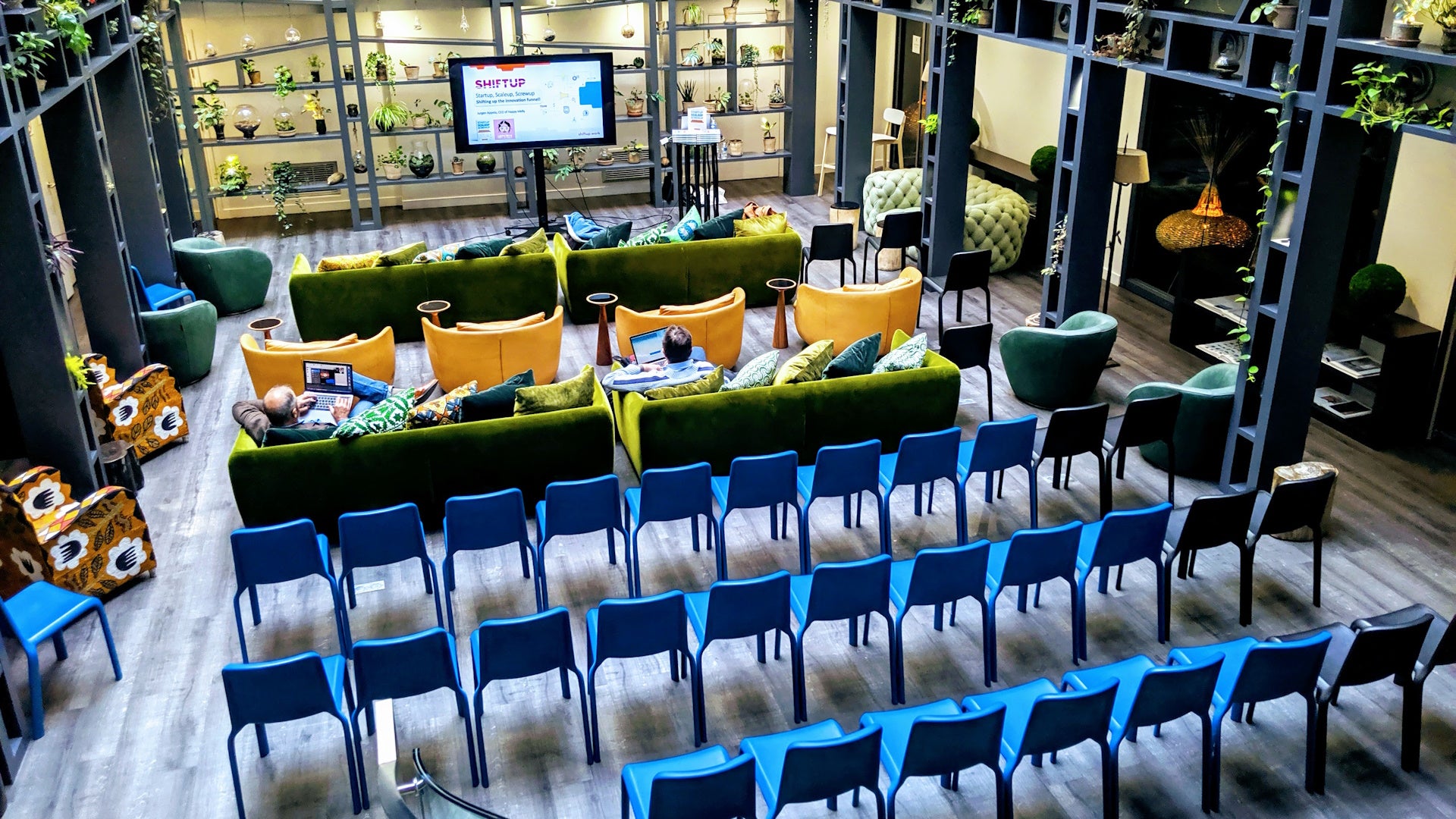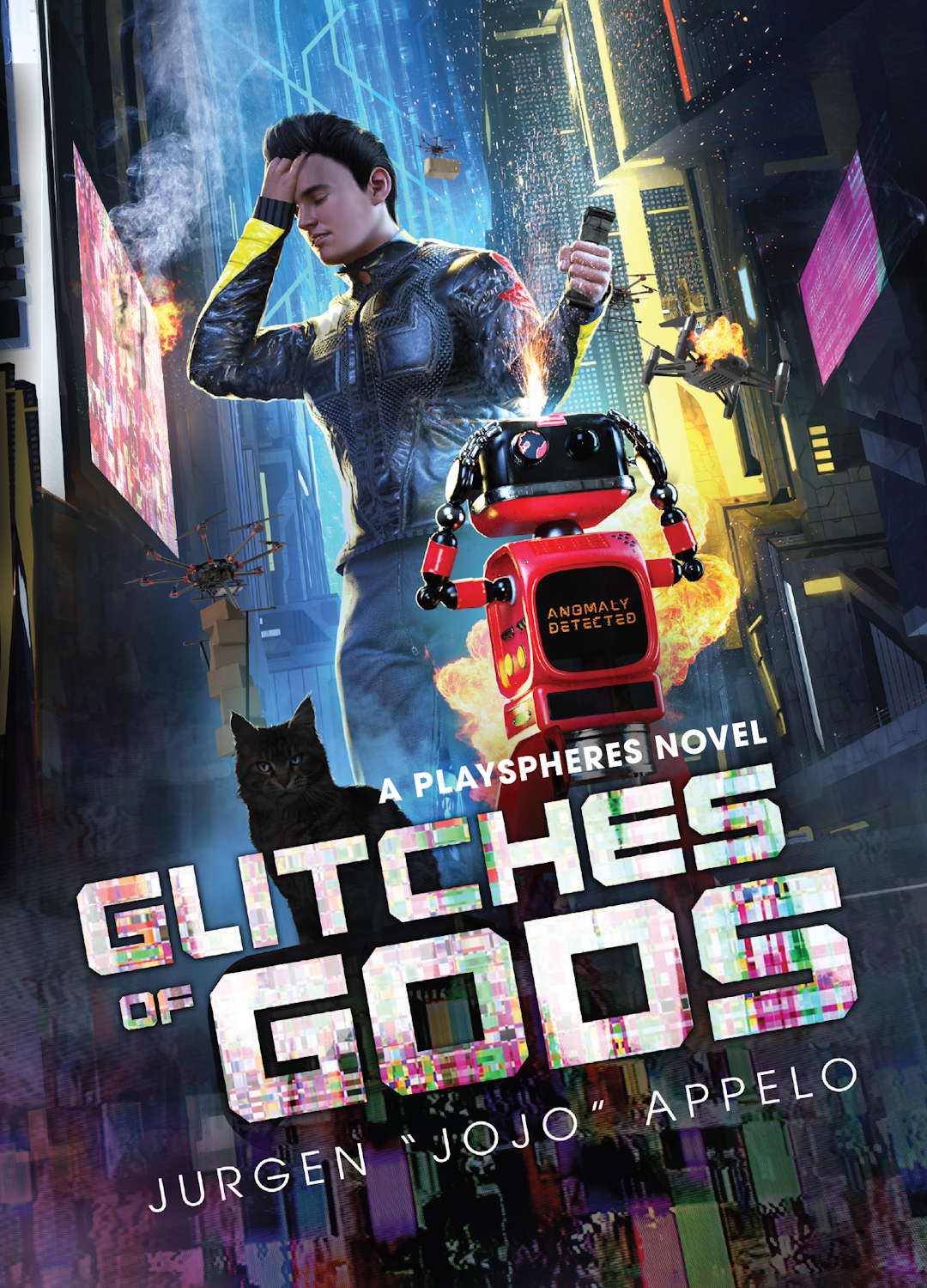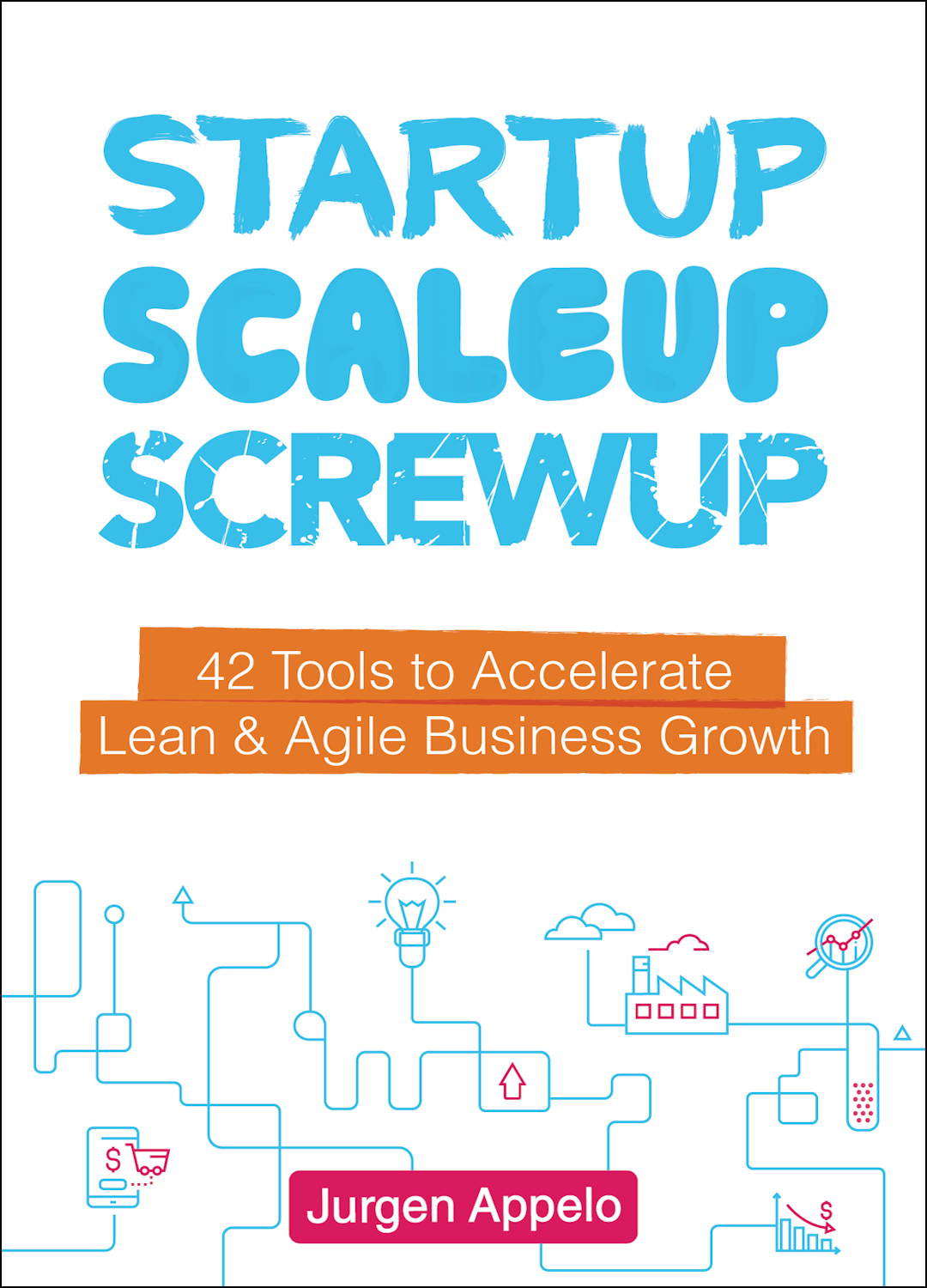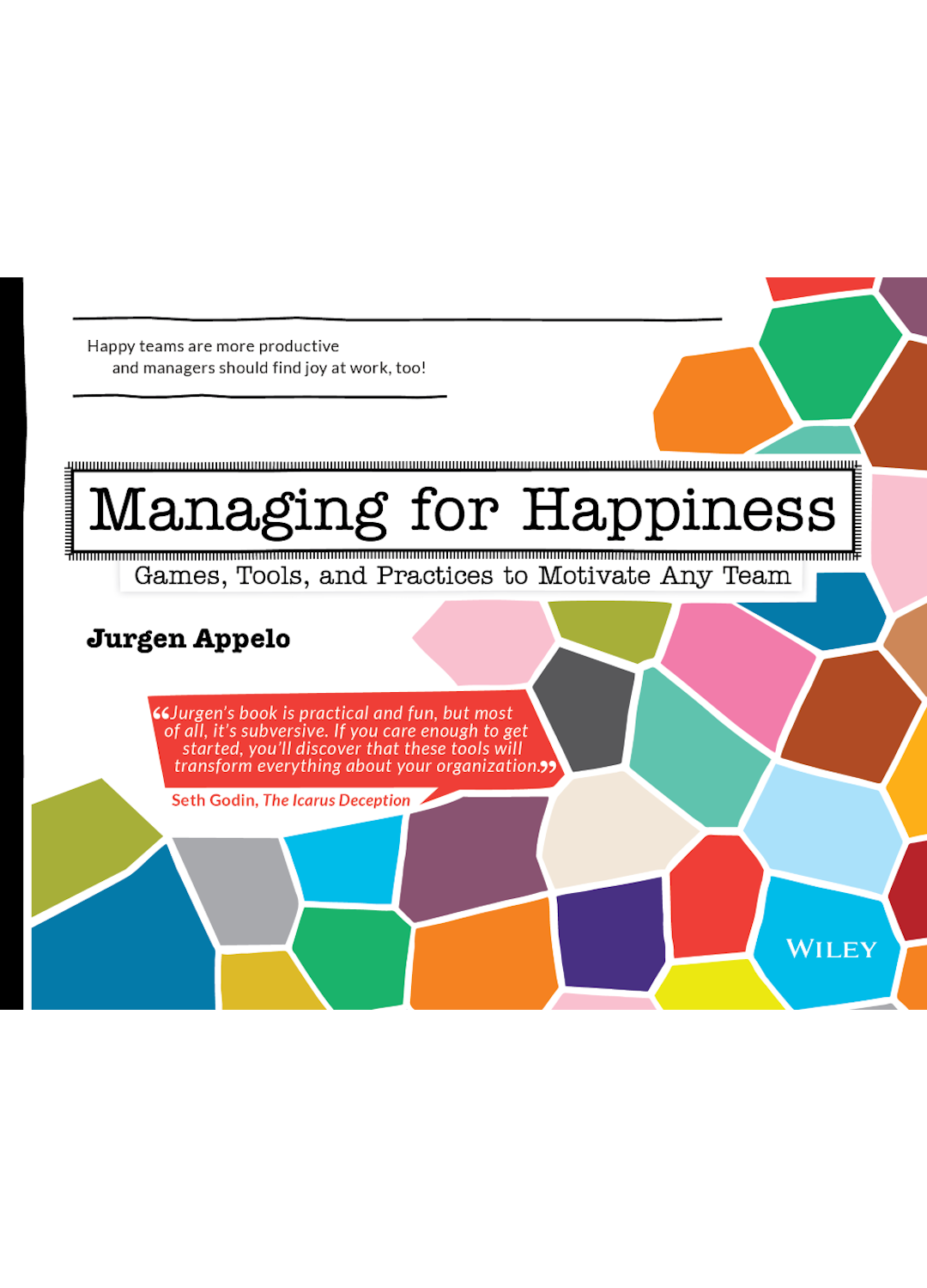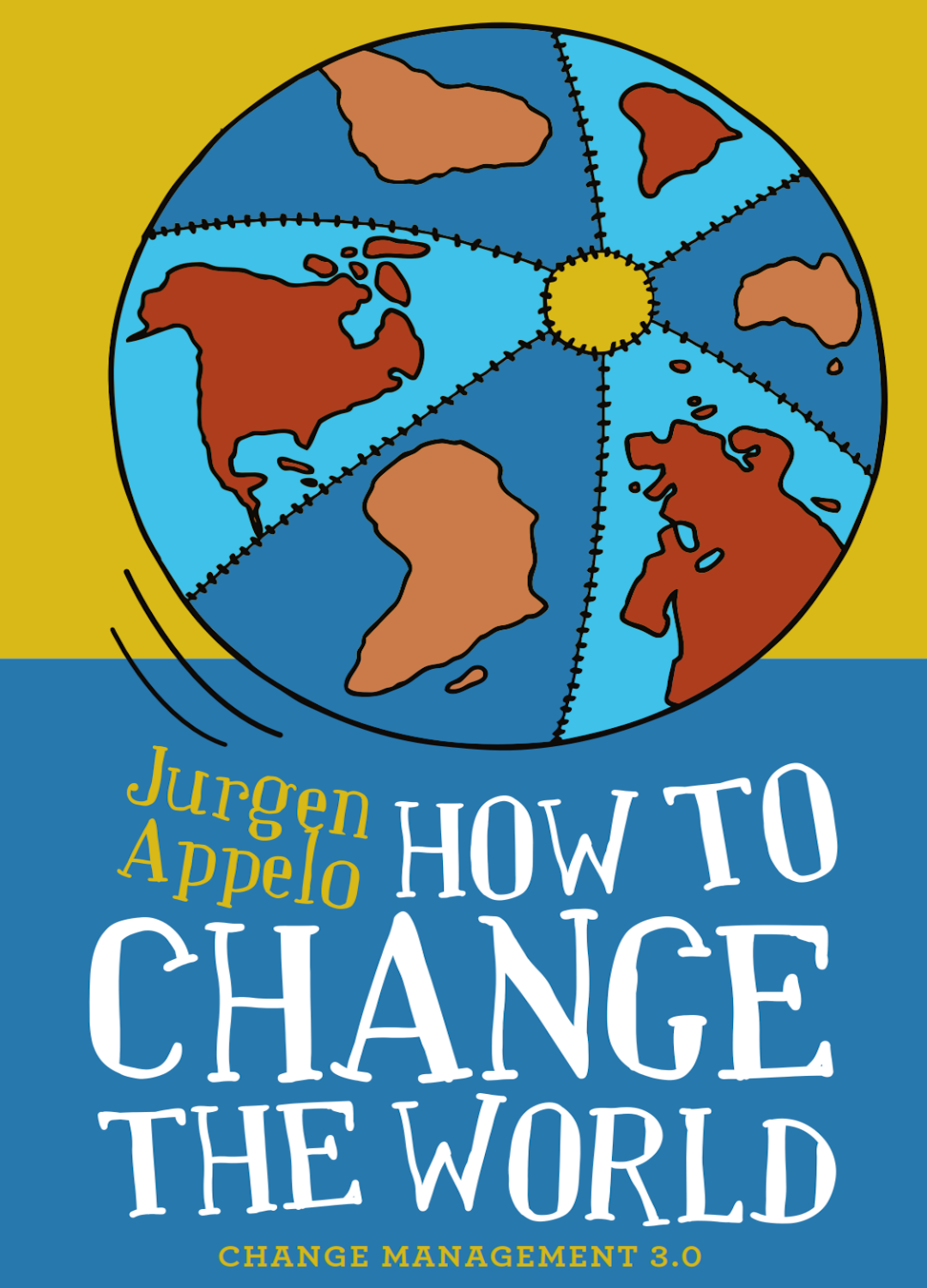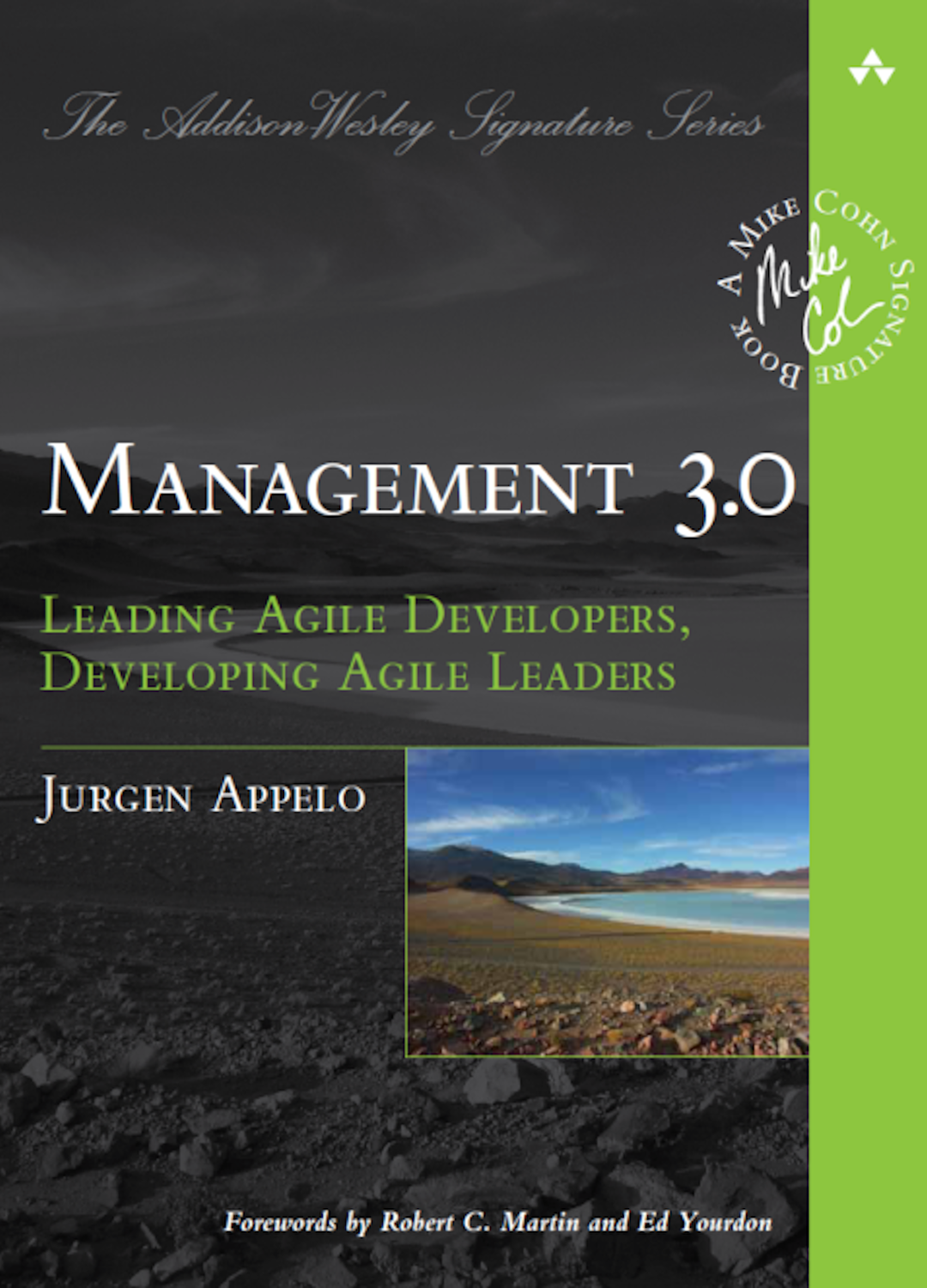Business consultancies face the same dramatic disruption as travel agencies.
ChatGPT nearly stranded us in the mountains of Peru.
My husband's AI-generated itinerary looked good on-screen: departing from Puno at Lake Titicaca and then driving through Peru's spectacular southern terrain, with magnificent vistas across technicolor mountains and distant volcanoes. We'd never seen such geological variety—different rocks, different sands, different mountain forms, sometimes teeming with life, sometimes desert-dead.

The afternoon drive through Colca Canyon was pure magic. Deeper than the Grand Canyon and—mercifully—without the tourist hordes. But after sunset, our road trip took a dark turn.
ChatGPT's clever route, dutifully translated into Google Maps' "quickest route," demanded another five hours to reach Camana on Peru's coast. Under normal circumstances, no problem. But the AI's itinerary sent us through the Andes mountains, over rocky and sandy roads, in pitch darkness, without internet, and with nobody else around. We couldn't even see the moon.
No tourist in their right mind takes a mountain road trip after sunset with no guide, no connectivity, no moonlight, and no experience. Doable? Sure. Wise? Absolutely not. As I wrestled our SUV through slippery sand, with a perilous decline beside us, the continuous anxiety of getting stuck ranked among our vacation's least enjoyable moments.
Four hours into this hair-raising drive, we hit a construction roadblock. Two steamrollers completely blocked the road. 😱

Surveying the scene at 9 PM, with only the stars as our witnesses, one thought consumed me: "Oh, my God. We're stuck for the night."
How We Got Advice Before
Agile coaches and business consultants should pay attention to how the travel industry was disrupted.
Twenty-plus years ago, we paid travel agents—let's call them consultants—to plan our vacational transformations through Brazil, Cuba, and Chile. They handed us brochures (think white papers by travel experts) and booked hotels, train tickets, and guided tours months in advance. We browsed travel blogs and stories (basically case studies) to prepare. We even attended holiday fairs—imagine conferences packed with coaches and consultants—where agents and vendors displayed their many options.
Once traveling, we carried Lonely Planet or Rough Guides (books stuffed with expert advice) that we consulted dutifully for tips on hotels, restaurants, cafés, sights, and activities. We also lugged geographical maps, translation dictionaries, and other paper tools (the travel equivalent of planning poker cards, sticky notes, and business model canvases) to navigate unfamiliar environments. For questions, we had to rely on locals through elaborate hand gestures and confused faces.
Like memories of earlier vacations, this antiquated travel approach has vanished completely.

How We Get Advice Now
These days, when we explore Canada, Japan, the Caribbean, or—like this year—Peru, everything has changed.
For high-level, timeless advice like cultural expectations and optimal travel seasons, we might consult a travel book. Influencer vlogs and travel stories occasionally provide useful destination overviews. But for concrete, context-dependent advice, online tools win every time.
We use Booking for accommodations, comparing pricing, locations, and reviews. Google Maps finds the best-rated cafés and restaurants. For attractions and activities, we query ChatGPT, Perplexity, or TripAdvisor. Our questions about history, culture, nature, and geography go directly to the AIs. And GetYourGuide and Withlocals handle guided tours and tickets whenever we want. (I won't mention TikTok or Instagram because we're ancient, but I hear that younger travelers mine these platforms for instant tips and trends. I satisfy my caffeine needs with Google.)

Then there are the digital conveniences that didn't exist twenty years ago. Airalo's virtual SIM cards provide cheap internet access anywhere (except in the Andes Mountains, apparently). WhatsApp connects us directly with hotels, hosts, guides, and ticket offices. And Google Translate enables us to talk with virtually anyone.
Communication barriers have evaporated, along with traditional travel agents.
The Future of Coaching and Consultancy
The consultancy industry is following the travel agent playbook, whether it likes it or not.
Future organizations won't need travel agents (consultants), brochures (white papers), travel stories (case studies), or travel fairs (conferences). For concrete, contextual, and time-sensitive advice, online tools are faster and easier. Business transformation now demands a level of speed and adaptability that's impossible to achieve with generic, outdated knowledge trapped in consultants' heads.
Business transformation now demands a level of speed and adaptability that's impossible to achieve with generic, outdated knowledge trapped in consultants' heads.
Why rely on one travel agent's stale advice on accommodation, food, and events in Lima when ChatGPT, Perplexity, Booking, Google Maps, and TripAdvisor live on your phone 24/7? Business consultancy faces the same disruption. As AIs acquire more context about companies, people, and environments, they'll deliver concrete, accurate, real-time advice that no human coach or consultant can match.
Knowledge is now a commodity.
I will make myself available in 2026 for advisory positions at a handful of startups and scaleups. Let me know if you're interested. I will spend most of my time blending timeless (human) wisdom with contextual (machine) advice. If that's want your business needs, I'm here for you.
Soon, each company will deploy a legion of digital consultants for employees' every need. Much cheaper, too. And without the method wars and thought leader drama.
Contextual Tips Versus Timeless Advice
Does this doom consultancy entirely? Not quite. But the industry faces severe disruption.
Digital technologies transformed travel agents by shifting bookings online and reducing the market share of traditional agencies. Online platforms offer convenience and price transparency, forcing agents to adapt with digital tools and specialize in luxury, corporate, or complex travel. A Barbell Effect emerges: large online platforms dominate mass-market bookings, while niche agents survive through high-touch, personalized services. Generalist traditional agencies decline, caught in the middle. The industry polarizes between digital giants and specialized experts, with successful businesses embracing technology and focusing on high-value niche offerings in a competitive, evolving landscape.
During our Peru trip, we still hired local experts: guides for tours around Machu Picchu, Lima, Arequipa, and Lake Titicaca. Sure, we could have wandered around with ChatGPT whispering in our earbuds. But having a knowledgeable local human show you around wonderful, unfamiliar environments is irreplaceable. No LLM can enhance a travel experience with personal, improvised anecdotes about Peruvian life.

Agile coaching and business consultancy will follow the same pattern.
Organizations worldwide are embracing cheaper online platforms for personalized, contextual digital transformation tips: high-volume advice at dramatically lower costs. Machines will increasingly guide workers through continuous change, offering highly specific patterns, practices, tips, and tricks that make sense in the moment, tailored to personal preferences and context in ways no agile framework, method, coach, or consultant ever could. Each worker gets their personal ChatGPT + Google Maps + TripAdvisor for business environments.
Machines will increasingly guide workers through continuous change, offering highly specific patterns, practices, tips, and tricks that make sense in the moment, tailored to personal preferences and context in ways no agile framework, method, coach, or consultant ever could.
But humans remain essential. Some coaches and consultants will survive by providing high-touch, personalized (and high-margin) services for organizations seeking timeless advice on top of the tsunami of contextual tips and practices from tools.
Someone must tell them when to use which tools. And someone must tell them when to ignore them entirely.

The Barbell Effect, Again
The Barbell Effect applies here too. On one end, AI will handle the bulk of contextual, tactical advice—the equivalent of "best restaurants near me" or "how to run this retrospective." Cheap, instant, personalized. On the other end, human experts will command premium prices for strategic wisdom—the equivalent of "Should you even have this retrospective?" and "What does success actually look like for your business?"
The middle ground—where most consultants currently live—is disappearing fast. Generic frameworks, templated solutions, and one-size-fits-all methodologies are becoming commoditized by AI. The consultants who survive will be those who can either specialize in high-stakes, high-touch strategic guidance or find ways to enhance and orchestrate AI-driven solutions rather than compete with them.
The travel industry's transformation offers a blueprint. Successful travel agents didn't fight the digital revolution—they rode it. They identified what humans do better than algorithms (relationship-building, complex problem-solving, emotional intelligence, ethical judgment) and doubled down on those capabilities.
Smart consultants will do the same. They'll become curators of AI-generated advice, helping organizations navigate the overwhelming flood of contextual recommendations. They'll focus on the meta-questions: which problems are worth solving, what trade-offs matter most, and how to design the organization for continuous adaptation.
When there's nobody around to make wise decisions, a succesful business might end up as a historical footnote.

The Wisdom That Tools Can't Provide
As I tried hard not to freak out, mentally calculating the amount of water we'd have to share throughout the night, my husband accidentally spotted a somewhat hidden "detour" sign with his phone's flashlight on the road's shoulder. There was a way out!

We finally continued our Andes escape through a maze of temporary roads and construction zones. We still lacked internet, and Google Maps was useless, showing our position on a grid of roads that was possibly planned but entirely nonexistent. But we made it.
Pure luck and intuition (with minimal wisdom) extracted us from our predicament. We reached our hotel in Camana at 11 PM, dinnerless but educated. Road 109 remains etched in our memories forever.
Our tool reliance nearly stranded us in Peru's mountains. Someone should have warned us against driving mountain roads after sunset with no guide, connectivity, moonlight, or experience. We could have better examined the terrain Google Maps was suggesting to us rather than mindlessly following its recommendation. We could have informed ourselves about the wisest choice among our options. We might even have paid for that guidance.
I will make myself available in 2026 for advisory positions at a handful of startups and scaleups. Let me know if you're interested. I will spend most of my time blending timeless (human) wisdom with contextual (machine) advice. If that's want your business needs, I'm here for you.
The future belongs to coaches and consultants who can tell organizations when to trust their tools and when to ignore them completely. Sometimes the wisest route isn't the fastest one, and sometimes almost getting lost teaches you more than any perfectly planned journey ever could.
Just ask anyone who's driven Peru's Road 109 in the dark.


